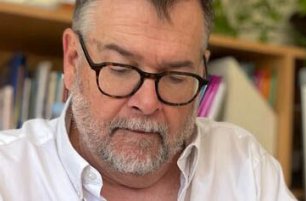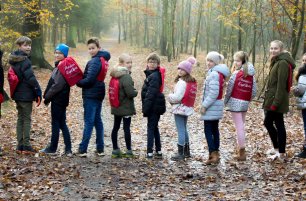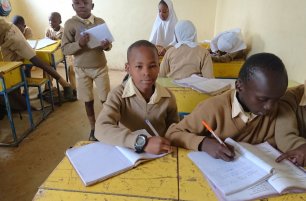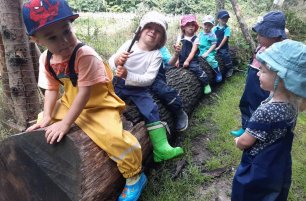Mones
Sorry, this article is only in Czech.

What is a motto that you live by? When I was young, my dad often reminded me: “Always do your best.” In the same way, what I often try to keep in mind is "Do what you can, where you are, with what you have."
Read more
Maria Montessori used to walk through the forests in India pulling leaves from trees to teach about their function and structure, digging in the soil to demonstrate the ubiquitousness of life, examining root systems and connecting them to academic ideas.
Read more
We "made a trip" to Africa to ask our adopted schoolmate Abdul how he is doing.
Read more
At IMSP we are fortunate enough to have access to a forest right on our doorstep. This offers invaluable opportunities for our toddlers to explore the natural world with the support of their guides. Interaction with the natural environment provides mental and physical health benefits for children and adults alike and allows children to be inspired by the world around them, away from their usual home or classroom environments.
Read more
We have all had our fair share of complaining about the situation we have found ourselves in since last Spring, but in this article, I wanted to concentrate on the positives this has brought to us.
Read more